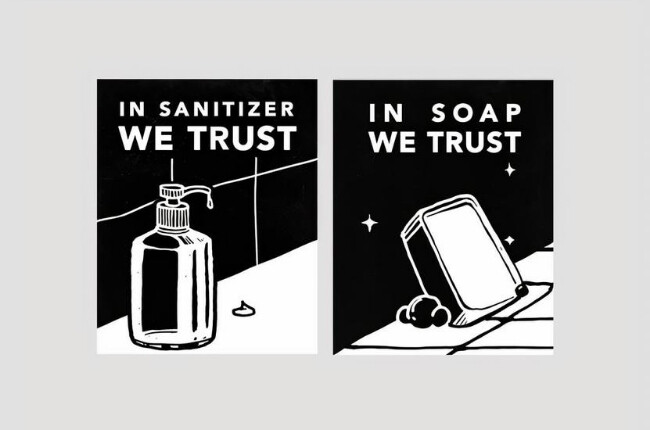The last few months have been… tough. We’ve seen the onset of a global pandemic, national protests over police misconduct and demands for social justice, and widespread economic fallout and unemployment. These things have become an important and inescapable part of our new reality in 2020. But as terrible as they might be, these crises have also inspired an incredible surge in calls for sweeping social change.
While many of the initiatives, protests and petitions started on a grassroots social level, they didn’t stay there for long. As people around the world have been swept up in calls for reform, their efforts also turned to the companies where they work and shop. The scale and momentum behind these calls means that companies and public relations practitioners around the world need to re-think how they approach corporate social responsibility initiatives.
So, what does (or should) your CSR strategy look like in 2020?
True CSR Needs to be Genuine and Impactful
First and foremost, corporate social responsibility programs need to be genuine, not just marketing. It’s not enough for a company to post a black square to social media in support of Black Lives Matter if that gesture isn’t followed through with real commitment. That doesn’t mean every business needs to match 100% of all employee donations to a nonprofit, or give staff a week off to join protests, but words must be followed by action that moves the needle in some shape or form. Otherwise, empty words are just that – empty – and the discrepancy between an organization’s message and their behavior can have serious ramifications for a company’s reputation when that hypocrisy is discovered by employees and consumers. This is precisely why your CSR campaign requires extra attention and consideration.
At the same time, CSR practices also need to have a demonstrable impact on the causes they support. For example, Apple, Google, Uber and other tech giants recently announced that in the name of keeping employees safe, full-time remote work policies would be extended through 2021. Now, that model likely isn’t sustainable for most small businesses, but gestures such as offering rotating remote work schedules, providing hand sanitizer in the office and spacing desks six feet apart still show a company’s commitment within the means available to them.

Related: Triple Bottom Line Marketing: Trend or Illusion?
Efforts Should be True to the Company
There is no perfect CSR initiative or response, no one-size-fits-all approach to being a responsible business; but, there are some PR basics to keep in mind. Each organization’s statement and actions should be unique, and reflect their own particular culture. That also means that a company’s response to today’s calls for reform shouldn’t come solely from the C-suite, or even the executives on your leadership team. Corporate social responsibility initiatives that are true to a company should reflect the whole company – from the CEO down to the intern. They should be ingrained in your business practice – from products your selling to the communication surrounding them.
With that in mind, businesses should ask their employees what causes are important to them, and what changes they want to see in the company or in wider society. Say you run a national grocery chain, and employees have voiced their desire to help people impacted by COVID-19. By establishing a program that provides discounts, or allowing people to donate food to families that have lost their jobs, the company is able to take action that both fits its role and meets a specific call to help from employees.
It’s the Right Thing, and It’s Good for You
At the end of the day, organizations should prioritize CSR activity because they genuinely care about those causes. That doesn’t have to mean, however, that they can’t also benefit from the initiatives. From the lens of a public relations professional, CSR campaigns can provide a valuable boost to a company’s reputation, especially when those efforts attract attention from news and media for their impact. First, prioritize the value of your CSR program internally, then focus on the digital public relations tactics you’ll use to create some external buzz.

When done well, corporate social responsibility can go a long way towards building a positive relationship with both employees and customers. People want to feel that the organizations they work for and buy from also reflect their values. It motivates internal staff feeling that their work is supporting causes they care about, and customers are more willing to spend their money with a particular brand for the same reason.
With what feels like so much negativity in the world right now, corporate social responsibility initiatives offer an important opportunity for businesses to show they care and help to institute real change. And while there isn’t one approach to CSR that works best, here’s a good rule of thumb – be genuine in your efforts, create a culture that upholds business ethics and devote significant resources to your cause. Do that, and your CSR program can do a lot of good for your community and your company.
Need help getting your own CSR strategy off the ground? Check out how our public relations agency & work together to create a positive reputation for brands.



